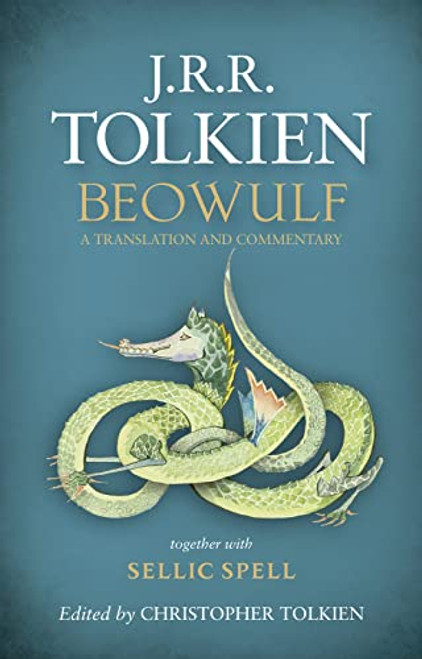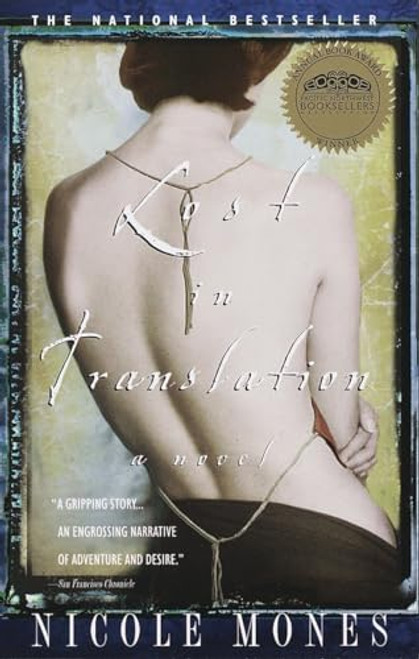National Book Award, 2023 Longlist * "Elegiac and shot through with righteous anger, this essential collection demands a national reckoning."Publishers Weekly, STARRED REVIEW * "A must-have for libraries. Booklist, STARRED REVIEW "A remarkable collection offering history not typically told in textbooks."Library Journal Punctuated by historical images and told through multiple voices, languages, literary forms and documents, West: A Translationexplores what unites and divides America, drawing a powerful, necessary connection between the completion of the transcontinental railroad and the Chinese Exclusion Act. In 2018, Utah Poet Laureate Paisley Rekdal was commissioned to write a poem commemorating the 150th anniversary of the transcontinental railroad. The result is West: A Translationan unflinching hybrid collection of poems and essays that draws a powerful, necessary connection between the railroads completion and the Chinese Exclusion Act (1882-1943). Carved into the walls of the Angel Island Immigration Station, where Chinese migrants to the United States were detained during the Chinese Exclusion Act, is a poem elegizing a detainee who committed suicide. As West translates this anonymous Chinese elegy character by character, whats left is a haunting narrative distilled through the history and lens of transcontinental railroad workers, and a sweeping exploration of the railroads cultural impact on America. Punctuated by historical images and told through multiple voices, languages, literary forms and documents, West explores what unites and divides America, and how our ideas about American history creep forward, even as the nation itself constantly threatens to spiral back. West is accompanied by a website (www.westtrain.org) which features video poems and encourages self-exploration of the transcontinental railroads history through an interactive, non-linear structure. Pairing this urgent book and innovative website, Rekdal masterfully challenges how histories themselves get written and disseminated. The result is a tour de force of resistance and resilience.
West: A Translation
MSRP:
Was:
Now:
$24.48 - $28.83
(You save
)
- SKU:
- UPC:
- 9781556596568
- Maximum Purchase:
- 2 units
- Binding:
- Paperback
- Publication Date:
- 5/2/2023
- Release Date:
- 5/2/2023
- Author:
- Rekdal, Paisley
- Language:
- English: Published; English: Original Language; English
- Pages:
- 176

University of California Press
Sappho: A New Translation (World Literature in Translation)
MSRP:
Was:
Now:
$12.95 - $26.93

Princeton University Press
The Translator of Desires: Poems (The Lockert Library of Poetry in Translation, 147)
MSRP:
Was:
Now:
$24.60 - $27.77

The New Testament: A Translation
MSRP:
Was:
Now:
$27.78 - $33.64
!







